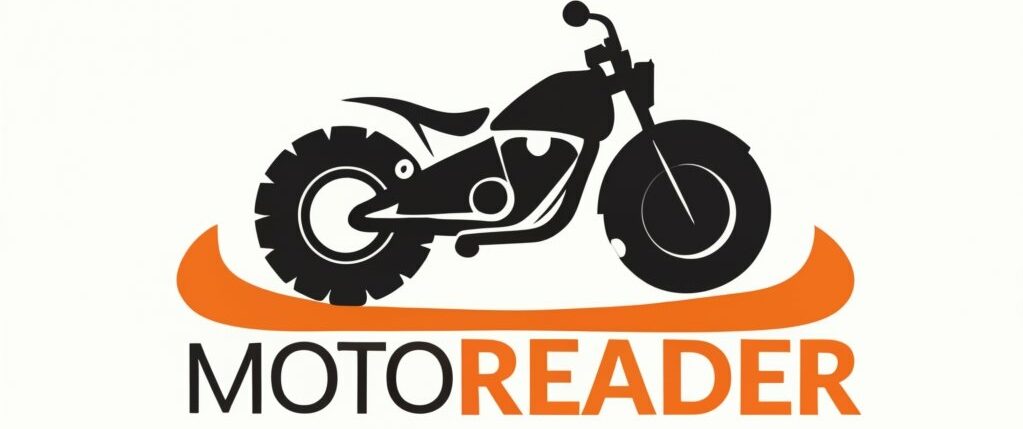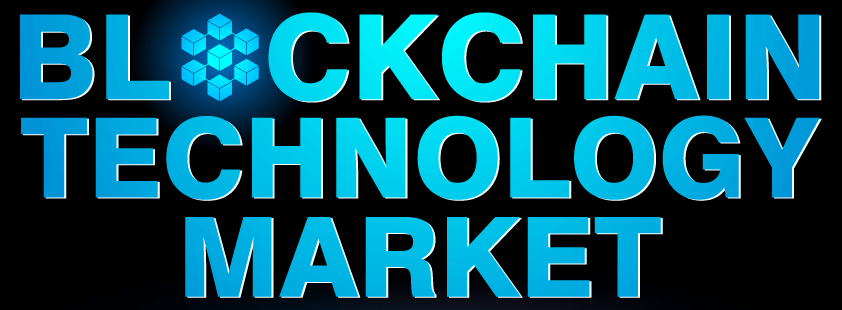Blockchain is a distributed ledger that allows for the immutable recording of data. This data can be anything from transaction records to product inventories, state identifications or deeds of homes.
Blockchain solutions are used by financial institutions to automate, speed up and enhance transparency and trust in their financial netting processes. This is one of the major drivers driving the market growth.
Report Overview
Blockchain is a platform that records and verifies transactions on a digital ledger without the need for central authority. The technology uses cryptography to secure data, making it almost impossible to hack or tamper with.
The technology is being used by various businesses in a range of industries. The healthcare industry is exploring its use for safe data exchange, and governments are using it to improve public services and record-keeping. It’s also being adopted by companies in the logistics, transportation, and supply chain management sectors for tracking and tracing items.
In the banking and financial services segment, blockchain is being used for fund transaction management. It eliminates intermediaries and provides greater transparency and trust, making it a compelling alternative to current systems. The technology could also allow people in countries with unstable currencies and financial infrastructures to send money more reliably and at a lower cost.
Blockchain is gaining popularity in the retail and manufacturing industries, too, for its ability to trace product origins. For example, if there’s a recall of a batch of yogurt or strawberries, blockchain-based systems can zero in on the affected products much faster than traditional methods. They can also help verify that a shipment of drugs has arrived at the proper destination, which is critical to ensure patient safety. Moreover, blockchain-enabled identification solutions can create a trusted and secure digital identity for individuals by recording important information on a single platform.
Growth Dynamic
The Blockchain Technology Market is growing at a rapid pace, driven by the increased demand for decentralized systems and trustless transactions. This is due to the rising need for transparency and accountability in financial transactions, growing number of mergers & acquisitions, and technological advancements.
In addition to this, the Blockchain Technology Market is being driven by the increasing adoption of distributed ledger technologies for various BFSI applications such as clearing & settlements, cross-border transactions, digital identity verification, trade finance platforms, and credit reporting. The technology is also being used in the healthcare sector for applications such as medical records, insurance delivery, and vaccine distribution.
For instance, blockchain software is being tested for a range of utilities applications including peer-to-peer solar energy sales between neighbors, the trading of power among utility conglomerates and automated billing for autonomous electric vehicle charging stations. In addition to this, the Tyrol government is using blockchain to vet applications from telco companies that want to build new towers in the UNESCO-protected Dolomites, so they can prove that their equipment won’t impact the environment.
Blockchain technology is also being used in the healthcare sector to track medical records and improve patient care. For example, the blockchain can be used to store and share health records with doctors, making it easier for them to access and verify information. It can also help patients track their medical histories and diagnoses, as well as monitor treatment progress.
Trend Analysis
Blockchain technology helps to build trust by providing record transparency and immutability. Moreover, it improves data security by eliminating the need for middlemen. This makes it a tempting option for organizations looking to switch to new ways of doing business and handling digital transactions.
However, implementing a blockchain solution requires significant time and money. It’s not just about deploying the software; it involves making employees familiar with this new way of working. In addition, it’s important to remember that the data stored on a blockchain is private information and can only be accessed with permission from those who have access to the system.
A blockchain application can be useful for many industries. For example, the healthcare sector can use blockchain solutions to store and transfer patient data securely. These applications can also improve compliance with health records regulations. In the banking and financial services industry, blockchain can reduce risk in transactions by helping to protect data from hackers.
A blockchain solution can also improve supply chain efficiency. For instance, a shipment of goods from East Africa to Europe may require up to 30 people to deal with the various stamps and approvals (Popper and Lohr 2017). This process is costly and can lead to lost documents or delays in loading the container on a ship. A blockchain solution can help speed up this process and increase customer satisfaction.
Regional and Segmentation Outlook
Blockchain technology provides a decentralized system for recording digital transactions. It helps to build trust by providing record transparency and immutability. Additionally, the technology facilitates secure and fast payment services. It also allows users to participate in peer-to-peer transactions without the need of a central mediator. This is anticipated to boost the blockchain technology market growth during the forecast period.
Moreover, the technology can be used to verify identities in an efficient manner. It is also useful in voting systems where it can be used to prevent fraud and ensure that votes are counted accurately. Furthermore, blockchain is a great way to keep track of medical records and other private data. It stores the data in a digital block that is stored securely and can only be accessed by authorized individuals. The technology also enables healthcare providers to easily track the source of information and make changes as necessary.
North America will remain dominant in the global Blockchain Technology Market owing to increasing adoption of distributed ledger technologies across industries for smart contracts, digital identity detection and payment and wallet solutions. Moreover, the region is home to several leading companies that are offering blockchain technology-based solutions.
Moreover, financial institutions are increasingly adopting blockchain technology to improve the security of their business processes. The technology is helping them to streamline the process of global trade, clearing and settlement, payments, and more. It also enhances supply chain management by tracking inventory, implementing smart contracts with vendors, and using digital tagging.

